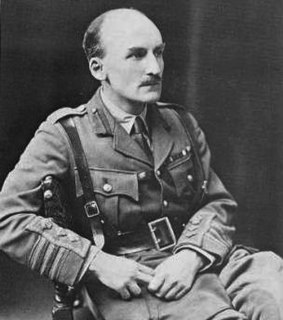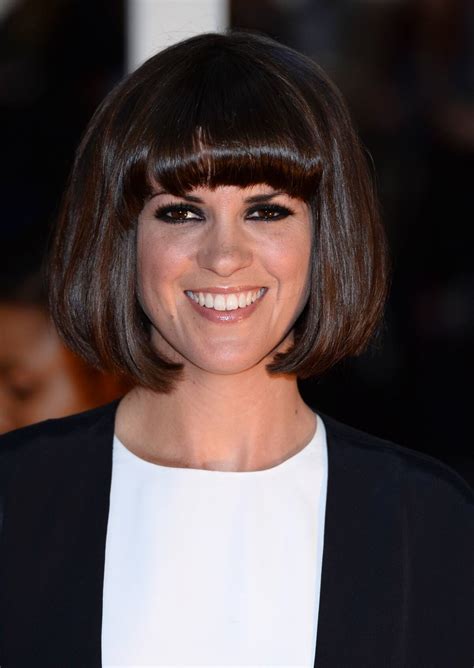A Quote by Noah Hawley
The '50s and the '70s are sort of similar in that they're both times of major paranoia in America.
Related Quotes
The step between prudence and paranoia is short and steep. Prudence wears a seat belt. Paranoia avoids cars. Prudence washes with soap. Paranoia avoids human contact. Prudence saves for old age. Paranoia hoards even trash. Prudence prepares and plans, paranoia panics. Prudence calculates the risk and takes the plunge. Paranoia never enters the water.
The 60s were a continuation of the 50s much more than people realized. Certainly in some countries, like Britain, there was still a culture of deference, whereas in the 70s we really are in a time of angry transition. The generation that came into young adulthood in the 70s couldn't find jobs; that wasn't true in my generation. They entered a time when two depressing things hit them both at the same time.
The War of the Roses in England and the Civil War in America were both intestinal conflicts arising out of similar ideas. In the first the clash was between feudalism and the new economic order; in the second, between an agricultural society and a new industrial one. Both led to similar ends; the first to the founding of the English nation, and the second to the founding of the American. Both were strangely interlinked; for it was men of the old military and not of the new economic mind - men, such as Sir Humphrey Gilbert and Sir Walter Raleigh - who founded the English colonies in America.
I think Hollywood has gone in a disastrous path. It's terrible. The years of cinema that were great were the '30s, '40s, not so much the '50s...but then the foreign films took over and it was a great age of cinema as American directors were influenced by them and that fueled the '50s and '60s and '70s.




































